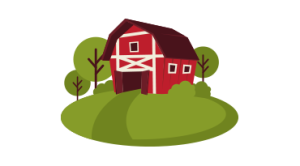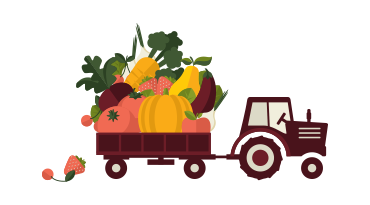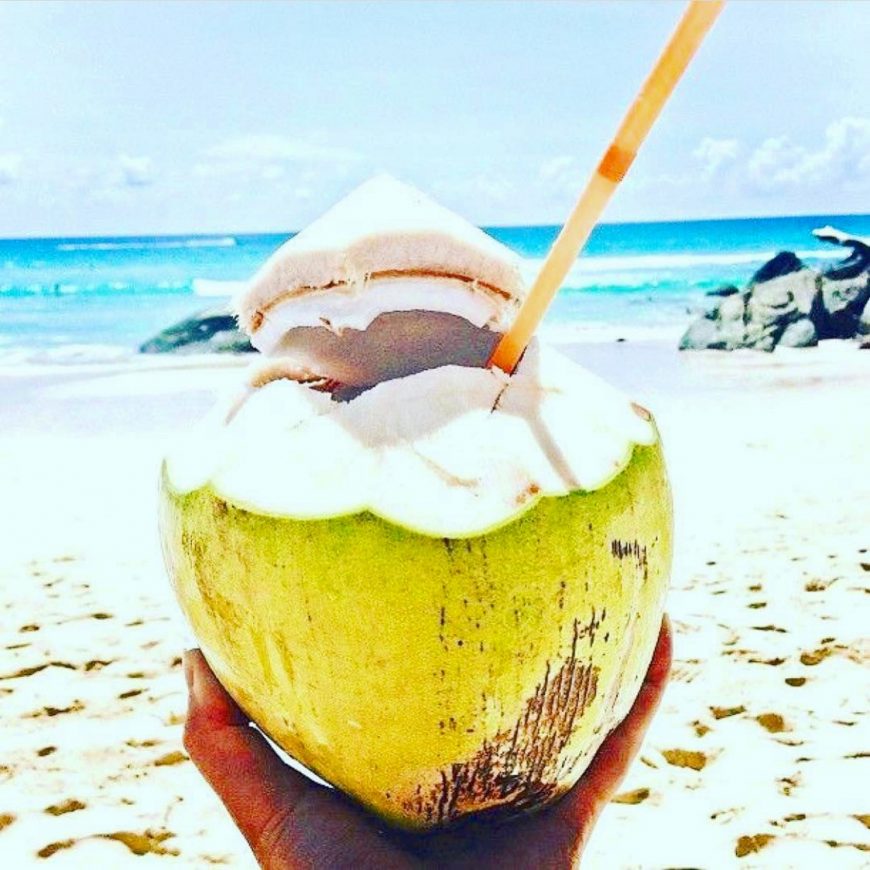What’s the deal? Here are my pros, cons and tips for eating organically…
Pros:
More antioxidants – plants naturally produce antioxidants as a protection against bugs and weeds. The more harsh the weather condition, the stronger their natural resistance is, to survive. Research shows that the same plant grown in harsh conditions vs. the same plant grown in calm conditions, results in higher constituents (medicinal part of the plant) in the plants that have had to withstand tough conditions. When plants are sprayed with pesticides and fertilisers, their natural protection decreases as these chemicals are doing their job for them.
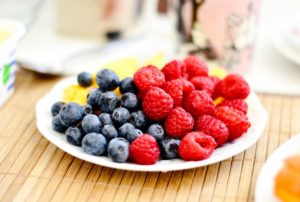
More nutrients – conventional produce is grown in soil that is mostly NPK (Nitrogen, Phosphorus and Potassium). Organic soils contain more trace minerals, rather than NPK that makes produce grow quickly. The difference in the levels of phytonutrients (including antioxidants) is more significant than the levels of nutrients (vitamins and minerals). Check out my blog ~ Minerals Lacking in NZ Soils.
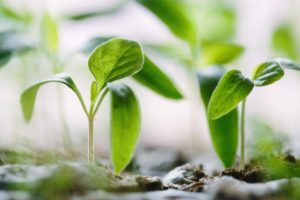
Less toxic sprays – long-term exposure of pesticides is linked to many diseases, including cancer, mental conditions, birth defects, asthma, skin conditions and endocrine disruption (many pesticides are xenoestrogens, which mimic oestrogen in the body). Biomagnification is the increasing concentration of a substance in the tissues of organisms, up the food chain. One example of this, is tuna containing high levels of mercury. Tuna is a large fish high up the food chain, and mercury is concentrated more at each trophic level in the food chain. This emphasises the importance of eating organic animal products (meat, eggs and dairy). Not to mention, conventional chickens are fed antibiotics to keep them alive, therefore, there may be traces of antibiotics in conventional eggs.
Cons:
More expensive – organic food grows at its slow, normal speed. Crop yields are less, slower turnover means slower output. Organic farming is more labour intensive. Organic farmers rotate their crops to support soil quality, this takes time. If the farmer is certified, they must pay an annual certification/inspection fee.
Less accessible – organic food is less accessible than conventional food. I believe more people would buy organic if it was more convenient. It takes time and petrol to travel further to an organic store, especially if that means shopping at multiple places. More importantly, organic produce is only available in the season it naturally grows in. This means that there is less variety of organic produce available all year around.
Who can we trust? We can trust certified organic products. Organic certifications in NZ are BioGro, AsureQuality, Organic Farm, Demeter, plus international certifications. “Uncertified organic” and “spray free” produce are not certified, however, we must hope that they comply with organic practices, although there is no guarantee.
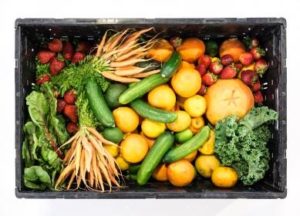
Tips:
Apple cider vinegar can be used to wash off visible dirt. It may wash off some pesticides on the surface, however, most of them have probably soaked into the plant. Wash conventional fruit and vegetables with 1 tablespoon of apple cider vinegar in 1 cup of water. A little bit of dirt on organic produce is beneficial. It contains good bacteria which enhances our immune system.
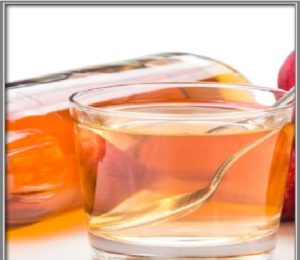
Farmers markets are a great place to source spray free and uncertified organic produce. Even if spray free or uncertified organic are not available at your local farmers market, opt for seasonal and local produce. Many supermarkets are growing their range of organics. This is more convenient for us and minimises our need to shop at multiple places.
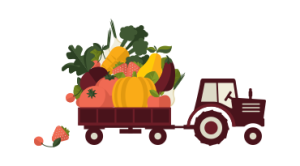
Dirty dozen and Clean 15 are two lists of food to familiarise yourself with. Composed by the Environmental Working Group (EWG), the dirty dozen are the 12 most toxically sprayed crops that you should buy organic. The clean 15 are the cleanest crops that are safest to consume conventionally. If cost is an inhibiting factor for you, these lists are helpful.
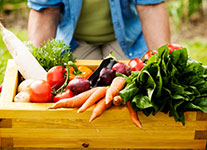
Grow your own food, as much as you can. Culinary herbs for cooking is a great place to start. Grow versatile herbs like basil, parsley and mint (grow mint in a separate pot so it doesn’t take over the other herbs). Try to grow plants in the dirty dozen or ones that are more expensive to buy organically, to save money.
Eat SLOW – Seasonal Local Organic Whole. Seasonal produce provide the most nutrients, especially the ones we need at that time of the year. Local produce undergoes the shortest travel between picking and serving, this minimises nutrient loss. Organic is what this blog is all about. Whole means eating whole foods in their natural state, not processed foods.
Some foods cannot be labelled organic, despite being extremely healthy. You do not need to search for organic labelling on honey, seafood and wild meat. Bees fly around freely, and even if they are based around organic plants, they may travel to non-organic areas. Wild seafood and meat are more beneficial than their farmed counterparts. Farmed animals may not be fed their natural food, plus antibiotics and growth hormones to increase production.
Don’t be fooled by organic processed food! Organic cake is still cake and organic bread is still bread. It has less chemicals and may have slightly better ingredients, but the macronutrients are still the same and it probably still has sugar. Organic is better, but it doesn’t give you a free access card to organic rubbish food.
In conclusion, I definitely buy organic. When I eat out, the food is not organic, however, that is a treat and I do not believe in denying yourself of treats. Transitioning to organic does not have to happen overnight. Healthy habits that are incorporated slowly into your diet and lifestyle, are the ones that last for a lifetime.
